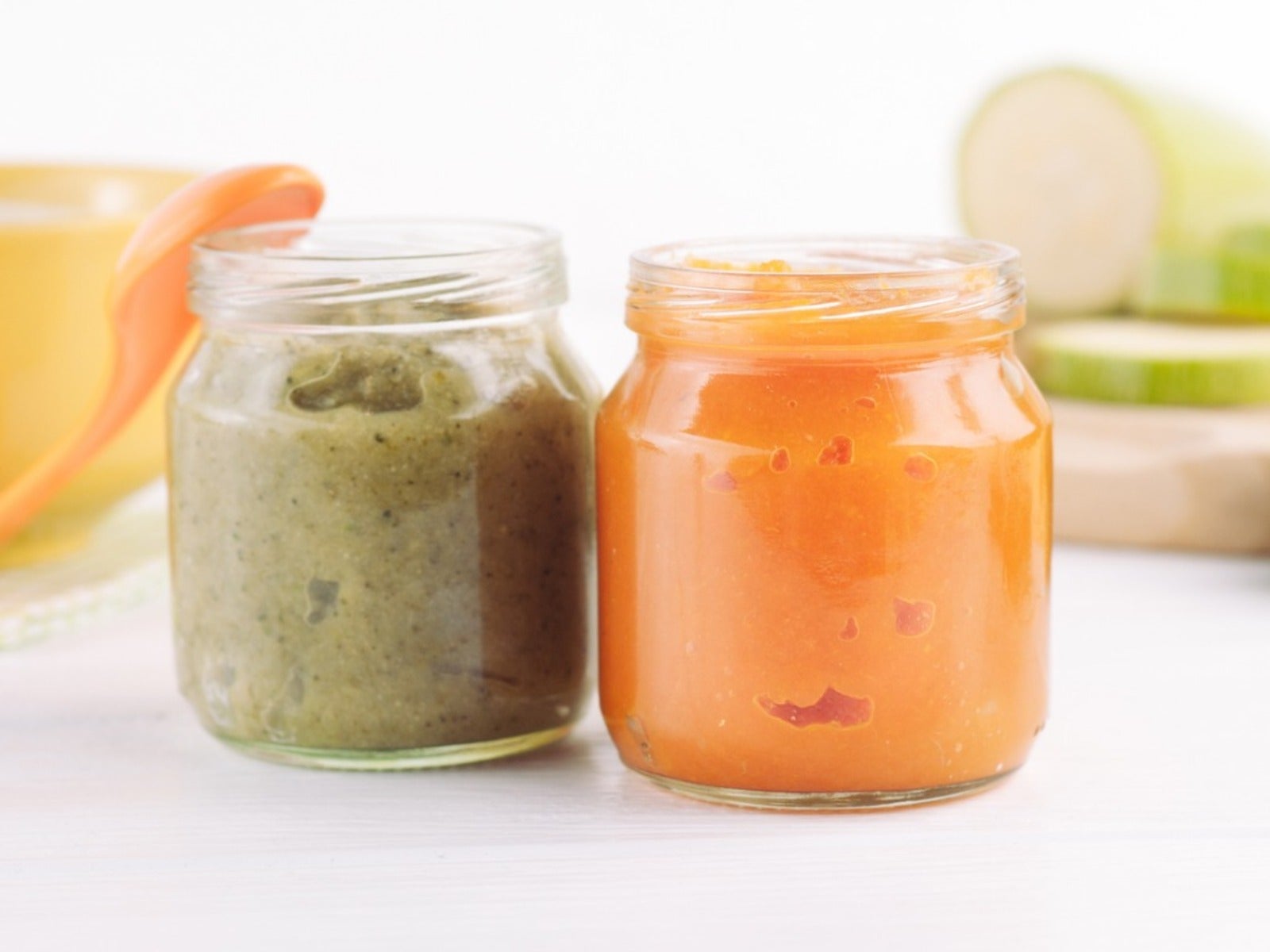How To Make Homemade Baby Food Fresh From The Garden


Sign up for the Gardening Know How newsletter today and receive a free copy of our e-book "How to Grow Delicious Tomatoes".
You are now subscribed
Your newsletter sign-up was successful
You don’t have to buy baby food. You can make, and even grow, your own. With a home vegetable garden and some fruits, it’s possible to make delicious, nutritious, and safe baby food at home.
Homemade Baby Food vs. Store Bought
Store bought baby food clearly has some advantages: it’s more convenient, takes less time, and ensures your baby gets a full complement of nutrients. On the other hand, there are also benefits of making baby food that make it worth your time:
- Homemade baby food, especially if you grow your own fruits and veggies, is often less expensive, so you can save your family money.
- With homemade, you get to control exactly what goes into your baby’s food.
- By eating homemade foods, you prepare your baby to transition to the same foods the rest of the members of the household eat.
- Homemade food is often more nutritious because jarred baby foods have been heated during processing. This can destroy some nutrients.
- Making your own food is more environmentally friendly because you are not buying so many small, disposable packages of food.
Veggies and Fruits for the Best Homemade Baby Food
If you have a garden, why not stock it with the best baby food vegetables? Growing food for the whole family is cost-effective and rewarding. Unless your baby has allergies, any vegetable or fruit is fair game. Babies prefer mild flavors. Try growing these veggies that are mild and nutrient dense:
- Squash
- Zucchini
- Carrots
- Kale
- Spinach
- Peas
- Sweet potato
- Cauliflower
- Broccoli
- Green beans
A favorite fruit for babies is bananas, but most gardeners are unable to grow them. Other fruits easier to grow and that babies love include:
- Avocado
- Cantaloupe
- Watermelon
- Apple
- Peaches
- Plums
- Pears
- Blueberries
Allergies are always a concern, so talk to your pediatrician before trying new foods. A typical approach is to introduce a new food and then wait a couple of days to see if your baby has a reaction before serving it again.
Making Safe Baby Food
Before you make your own baby food, talk to your pediatrician or a dietician about safety. There are some things babies should not eat that are perfectly safe for adults and children, like honey and raw veggies. Make sure you fully understand what your baby can and cannot eat.
Once you know the safety rules, making baby food is easy. Simply wash the fruits and veggies and remove any peels, pits, or seeds. Cook vegetables and harder fruits until they are soft and then puree in a blender until very smooth. Steaming is the best cooking method for retaining nutrients.
Sign up for the Gardening Know How newsletter today and receive a free copy of our e-book "How to Grow Delicious Tomatoes".
How Long is Homemade Baby Food Good For?
Knowing how to store homemade baby food is essential for ensuring your baby gets a meal that is both nutritious and safe. Once you make a puree, it should only stay at room temperature for about two hours. After that, store it in the refrigerator.
Cooked and pureed vegetable and fruit baby foods last about two days in the refrigerator. You can also store baby food purees in the freezer for up to a month. To save time, make batches of food and store in the freezer.
Once you thaw a puree, use it within one day. If you are freezing baby food, use ice cube trays to get small batches that you can thaw one at a time.
Store your baby food purees in sealed, airtight containers. Label each container with the date and time you made it, so there is no question as to safety.

Mary Ellen Ellis has been gardening for over 20 years. With degrees in Chemistry and Biology, Mary Ellen's specialties are flowers, native plants, and herbs.